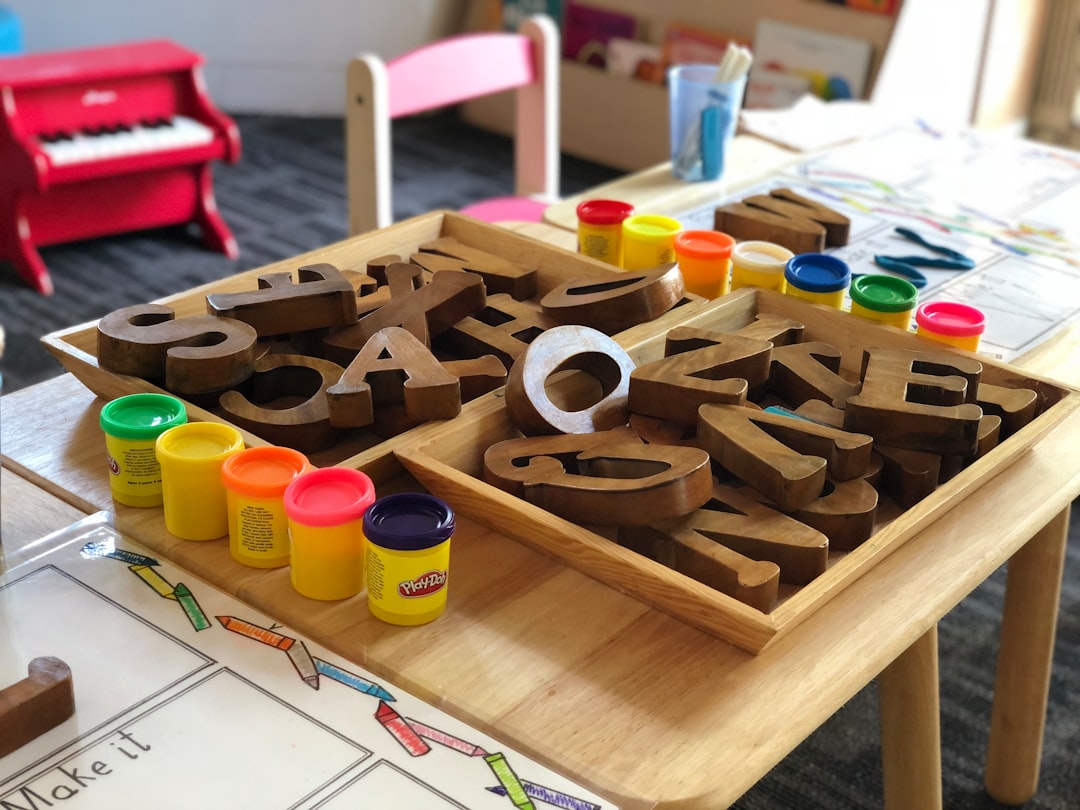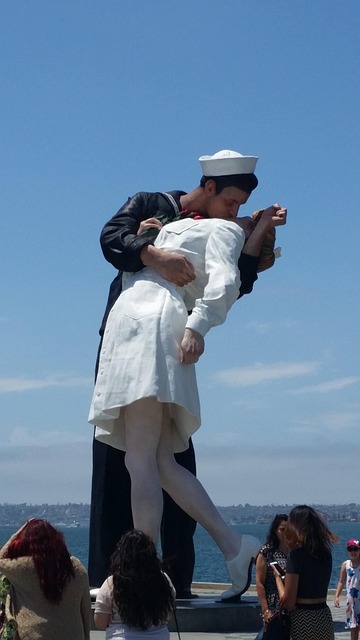The integration of therapy dogs into Dallas daycares enhances child safety and supports survivors of sexual abuse. In legal proceedings, these dogs aid witnesses, particularly children, in testifying during daycare abuse trials. San Diego's daycare lawyers must navigate legalities to use therapy dogs effectively while maintaining trial integrity. Through rigorous training and collaboration with experts, these canines provide emotional support and crucial evidence in court. High-profile cases in Dallas and San Diego highlight their role in securing justice for victims of daycare abuse.
“The role of therapy dogs in Dallas daycare abuse trials is a compelling topic gaining significant attention. These canine companions offer a unique and powerful tool in safeguarding children and supporting legal proceedings. With their innate ability to detect emotional cues, therapy dogs assist in identifying potential abuse victims and providing comfort. This article explores the multifaceted impact of these dogs on child safety, delves into their legal implications as defense tools, examines rigorous training ethics, and shares real-life success stories from Dallas daycare trials, offering insights relevant to parents, lawyers, and advocates alike.”
The Impact of Therapy Dogs on Child Safety in Daycares
The presence of therapy dogs in Dallas daycares plays a pivotal role in enhancing child safety and well-being, especially in light of past abuse scandals. These trained canine companions offer a unique and effective means of monitoring and supporting children’s emotional health. By implementing therapy dog programs, daycare centers can create a more secure environment, fostering trust and open communication among the young attendees.
The impact is twofold: first, therapy dogs can act as an additional layer of surveillance, alerting staff to potential distress signals or unusual behaviors in children. Their keen senses and ability to form bonds with kids make them excellent early detection systems for any signs of abuse or neglect. Furthermore, these dogs provide comfort and a sense of security, helping children express their emotions and potentially encouraging them to come forward if they’ve experienced harm. This support is invaluable for victims of sexual abuse, offering a non-threatening and empathetic presence that can facilitate the healing process. For families affected by such tragedies, consulting with a daycare lawyer in San Diego, CA, specializing in sex abuse cases, is crucial to ensure justice and accountability.
Legal Implications: Using Therapy Dogs in Abuse Trial Defense
In recent years, therapy dogs have gained prominence in legal proceedings, particularly as a tool to assess and support witnesses, especially children, in sensitive cases like daycare abuse trials. The presence of a soothing, non-judgmental therapy dog can make testifying less daunting for young victims, encouraging them to share their experiences. This tactic has shown promise in improving the accuracy and completeness of witness testimonies.
However, the use of therapy dogs in this context also raises legal considerations. Daycare lawyers in San Diego, CA, and similar cities must ensure that the introduction of a therapy dog does not inadvertently bias the jury or undermine the integrity of the trial process. Proper handling and deployment of these dogs require meticulous planning and adherence to established protocols to maintain fairness and admissibility of evidence.
Training and Ethics: Preparing Therapy Dogs for Sensitive Cases
Therapy dogs play a pivotal role in legal proceedings, especially in sensitive cases like daycare abuse trials. These canines undergo specialized training to provide emotional support and comfort to survivors during often traumatic testimony. Their presence can help reduce anxiety and promote a sense of safety, enabling individuals to share their experiences openly. The process involves extensive preparation where dogs are taught not only basic obedience but also advanced skills to respond appropriately in court settings. This includes learning to stay calm under pressure, interacting with diverse individuals, and following commands from specific handlers.
Ethical considerations are paramount when deploying therapy dogs in legal scenarios. Their use must adhere to strict guidelines to ensure the integrity of evidence and the well-being of all involved. The training emphasizes responsible handling, maintaining neutral stances, and respecting boundaries. Daycare lawyer for Sex Abuse San Diego CA often collaborate with certified therapists and animal behaviorists to create tailored programs that meet the unique needs of each case, ensuring a supportive and just environment for abuse victims.
Real-Life Examples: Success Stories from Dallas Daycare Trials
In recent years, several high-profile trials in Dallas have brought to light the devastating impact of daycare abuse and the crucial role therapy dogs play in such cases. These real-life examples demonstrate how animals can provide comfort, support, and evidence in legal proceedings. For instance, a childcare lawyer in San Diego CA handled a case where a child suffered emotional trauma due to neglect at a local daycare center. A trained therapy dog was introduced as a key witness, helping the jury understand the child’s fear and anxiety through its behavior. The dog’s non-verbal cues provided irrefutable evidence of the child’s distress, leading to a successful outcome for the family seeking justice.
Another powerful story involves a daycare abuse trial where a therapy dog assisted in the rehabilitation process of a survivor. The dog, specialized in emotional support, was introduced to help the victim cope with post-traumatic stress disorder (PTSD). Through daily interactions, the dog helped desensitize the child to triggering environments and situations, allowing them to participate in therapy sessions and gradually regain their sense of safety. This successful rehabilitation process not only highlighted the therapeutic benefits of therapy dogs but also served as a compelling piece of evidence during the trial, ultimately contributing to a positive verdict for the victim.





